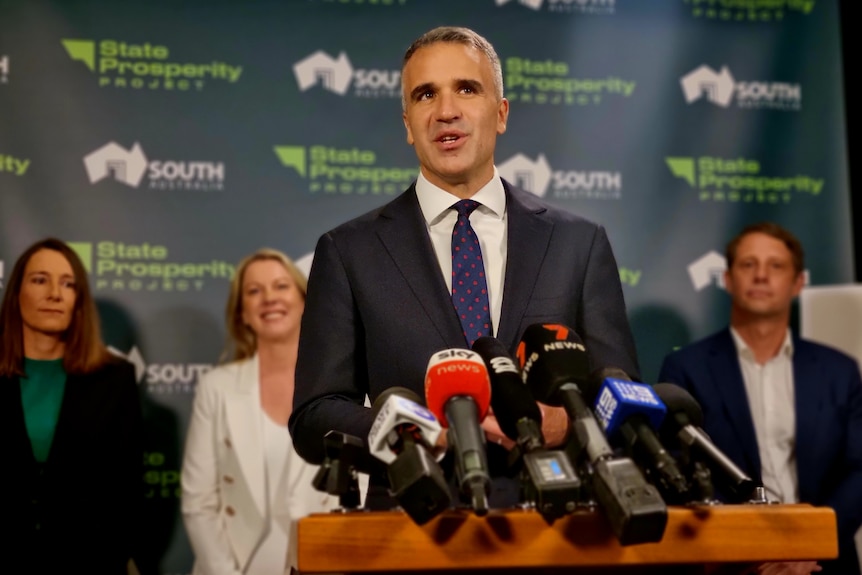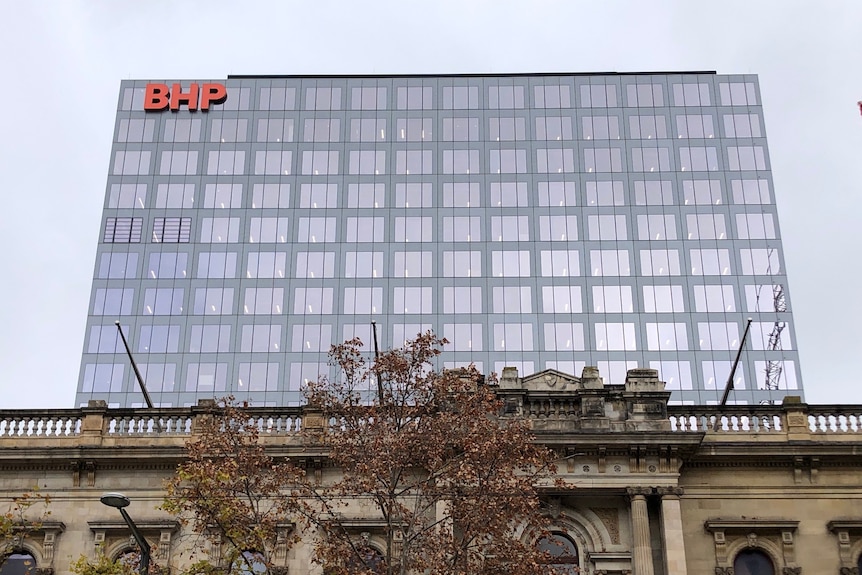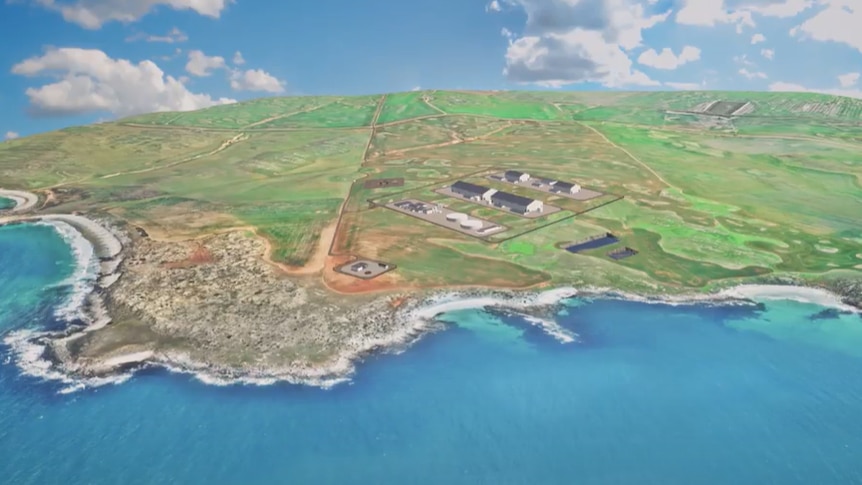SA Government Water Study: Investing in Sustainable Water Solutions
The South Australian government has allocated $100 million towards a comprehensive study to evaluate the feasibility of constructing a desalination plant on Eyre Peninsula. This initiative is part of a larger $5 billion proposal aimed at providing water to the state’s far north.
Central to the ambitious Northern Water project is the establishment of a 260-megalitre-per-day desalination plant on Eyre Peninsula, accompanied by the installation of approximately 600 kilometers of pipeline infrastructure. Premier Peter Malinauskas emphasized that this project is crucial for unlocking the production of essential minerals needed for the green transition.
Partnering in this endeavor, mining giant BHP has committed $77 million towards the feasibility study, highlighting the collaborative effort between the public and private sectors in addressing water sustainability challenges.
If the proposed Northern Water desalination plant and pipeline come to fruition, it is projected to require an investment exceeding $5 billion, creating employment opportunities for around 4,200 individuals. Premier Peter Malinauskas views this project as a landmark infrastructure investment in the state’s history, emphasizing its exclusive focus on driving economic growth and prosperity.
The envisioned 260 megalitre desalination plant at Cape Hardy, in conjunction with the extensive pipeline network, is poised to provide a reliable water supply to support the mining and agricultural sectors in South Australia’s northern regions.

SA Government Water Study Impacts on Major Infrastructure Project
In a statement, Peter Malinauskas highlighted that this initiative marks a significant milestone as the largest infrastructure investment ever seen in the state’s history, according to ABC News reporter Rory McClaren.
The implementation of the project is set to enhance the production capacity of copper for BHP and other mining entities operating in the region.
Anna Wiley, the asset president for copper at BHP in South Australia, emphasized that this endeavor aligns with the company’s strategic goals for expansion.
Ms. Wiley underlined the substantial growth potential for South Australia in response to the escalating global demand for copper.
Furthermore, this development is poised to provide a substantial impetus to the state’s emerging hydrogen sector around Whyalla.
Based on the business analysis conducted, the project is forecasted to contribute $5.2 billion in annual economic activity and elevate state royalties by $9 billion by the year 2050.
Importance of Water for South Australia’s Green Transition
The significance of water was emphasized by Mr. Malinauskas, highlighting its crucial role in positioning South Australia to benefit from the green transition.
“South Australia possesses valuable resources desired globally for decarbonization,” he explained.
Key resources include essential copper for magnification, magnetite for green iron production, and abundant renewable energy, particularly in the form of hydrogen, which is in high demand worldwide.
To fully leverage these opportunities, access to water is imperative, especially in the arid regions of the state.
Considering the
SA government water study
, it becomes evident that water availability is fundamental for South Australia’s sustainable development and economic growth.

SA Government Water Study: BHP’s Growth Ambitions and Taxpayer Money
According to BHP, the project would align with its expansion goals, as reported by ABC News.
The premier emphasized the importance of BHP’s commitment to the proposal, highlighting the potential risk to the $100 million state government contribution if BHP decides to withdraw.
South Australia currently operates a desalination plant in Lonsdale through SA Water, passing on some costs to consumers.
The premier assured that the construction of a new plant on the Eyre Peninsula would not lead to increased water bills for residents.
Unlike the current setup with SA Water, the new infrastructure would be managed by the state government, with financial support from commercial agreements with key users like BHP.
For more information on the SA government water study, please visit our site 60time.com. Also, don’t forget to follow us on social media at Facebook.



